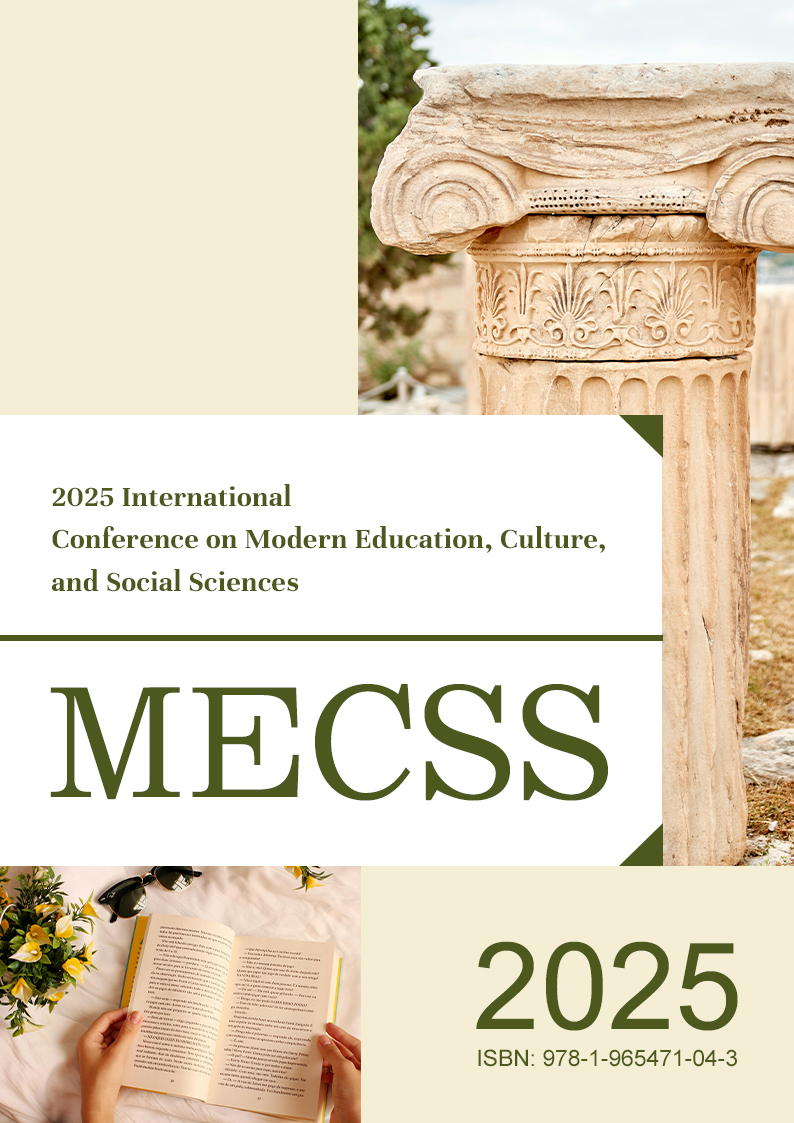An Interdisciplinary Analysis of Intercultural Communication Competence Development: A Comparative Study of English and Japanese

Authors:
Huiying Zhang, Shuying Li, Yiting Li
Keywords:
Intercultural Communication Competence; English Majors; Japanese Majors; Higher Education; Comparative Analysis
Doi:
10.70114/ahmer.2025.2.1.P89
Abstract
This paper explores the differences in intercultural communication competence (ICC) development between English and Japanese majors within China’s higher education system. Through a comparative analysis of their cultivation objectives, curricula, teaching methods, and assessment systems, the study identifies distinct characteristics and limitations in the approaches of each major. While English majors emphasize broad cultural knowledge and critical thinking, Japanese majors concentrate on in-depth cultural understanding and language etiquette. The findings indicate that future research and teaching practices should integrate the strengths of both majors to enhance ICC development and address globalized demands


